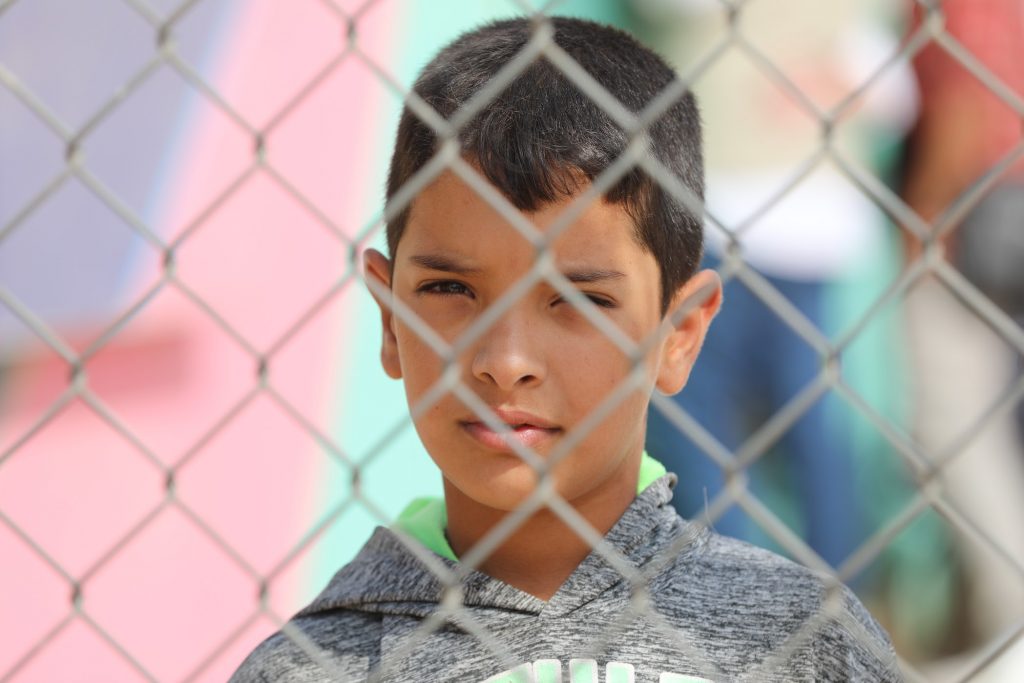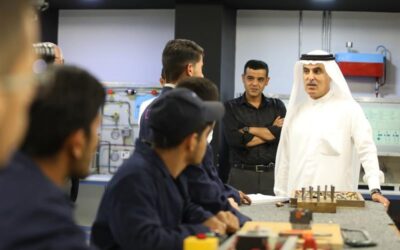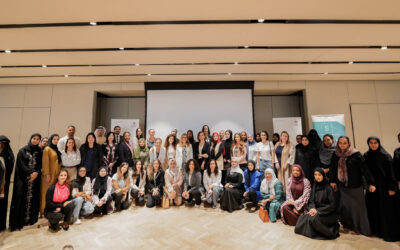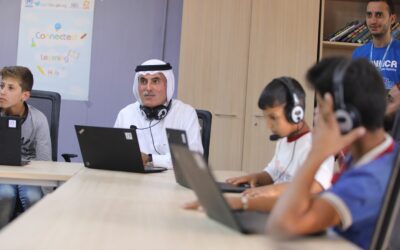High, Low, or No Tech? A Roundtable Discussion on the Role of Technology in Refugee Education
In recognition of the significant impact that education technology (EdTech) and COVID-19 has had on refugee education in recent years, the Abdulla Al Ghurair Foundation for Education, Save the Children, and EdTech Hub co-hosted a high-level, virtual roundtable to discuss best practices that have emerged while responding to refugee education needs during the pandemic.
The roundtable, held in October 2021, was attended by donors, including multilateral organizations, philanthropists, and foundations, as well as NGOs and other relevant stakeholders.
Globally, the education community has witnessed increased attention on EdTech to adapt to learning from home and mitigate the effects of learning loss. The pandemic has had a disproportionately harmful impact on refugees, exacerbating already existing participation challenges and growing digital divide. Considering this situation, the roundtable explored the role of EdTech, specifically:
- When is it most appropriate to use EdTech in refugee education?
- How can EdTech be used?
- What lessons have been learned in the past year?
- Where are the strategic investments in relation to EdTech and refugee education?
The roundtable culminated in seven key learnings and promising practices shared by participants. In sharing these recommendations, roundtable participants hope to support refugee and host community education actors – from donors, host governments, and global organizations and implementing partners, at international, national, and local levels – to better leverage technology solutions to respond more effectively to refugee youth’s needs.



